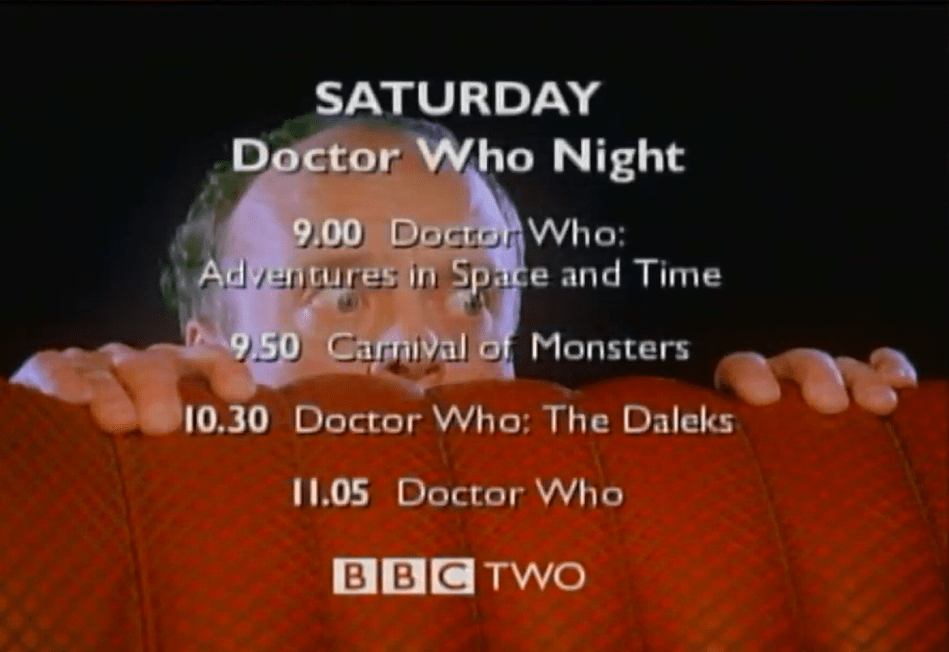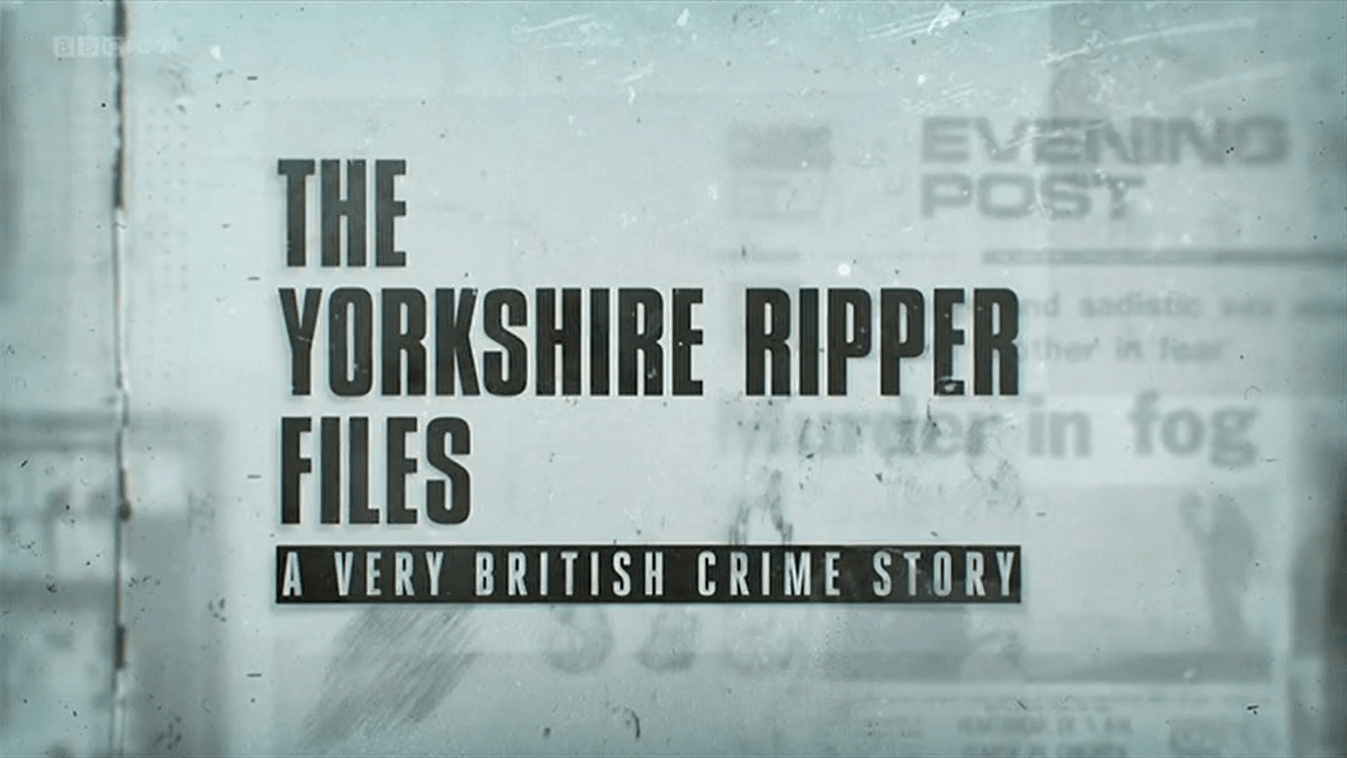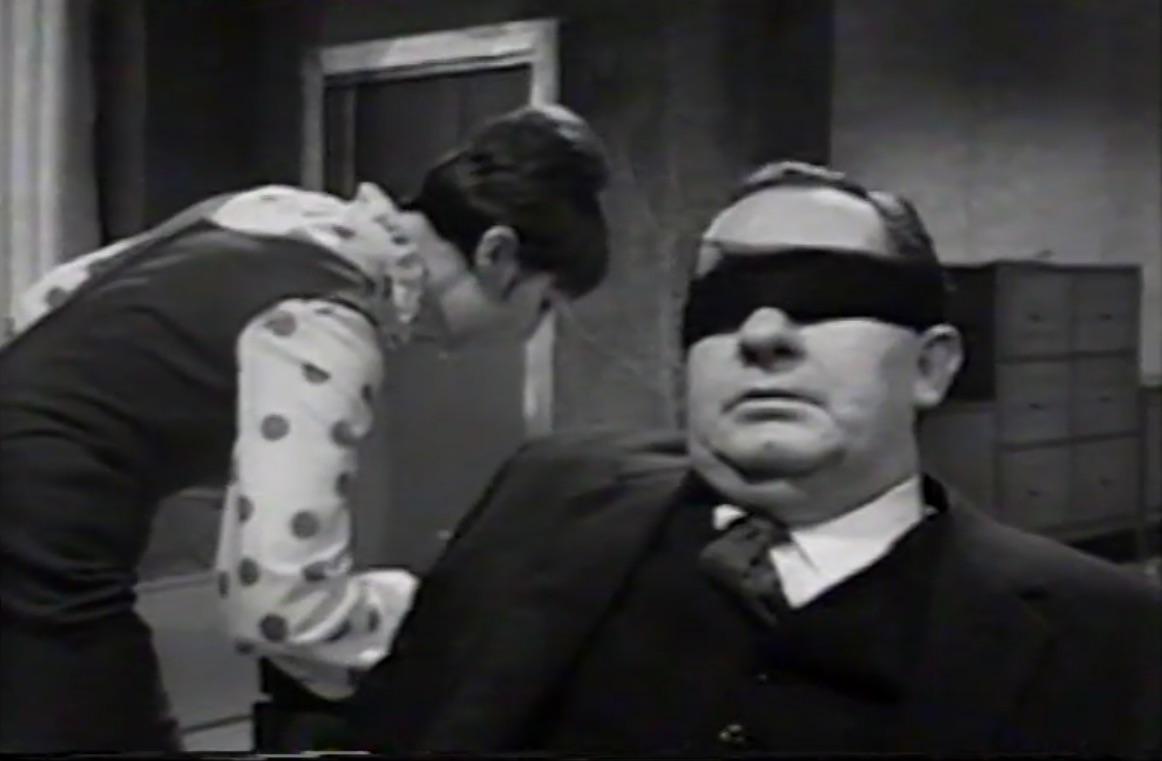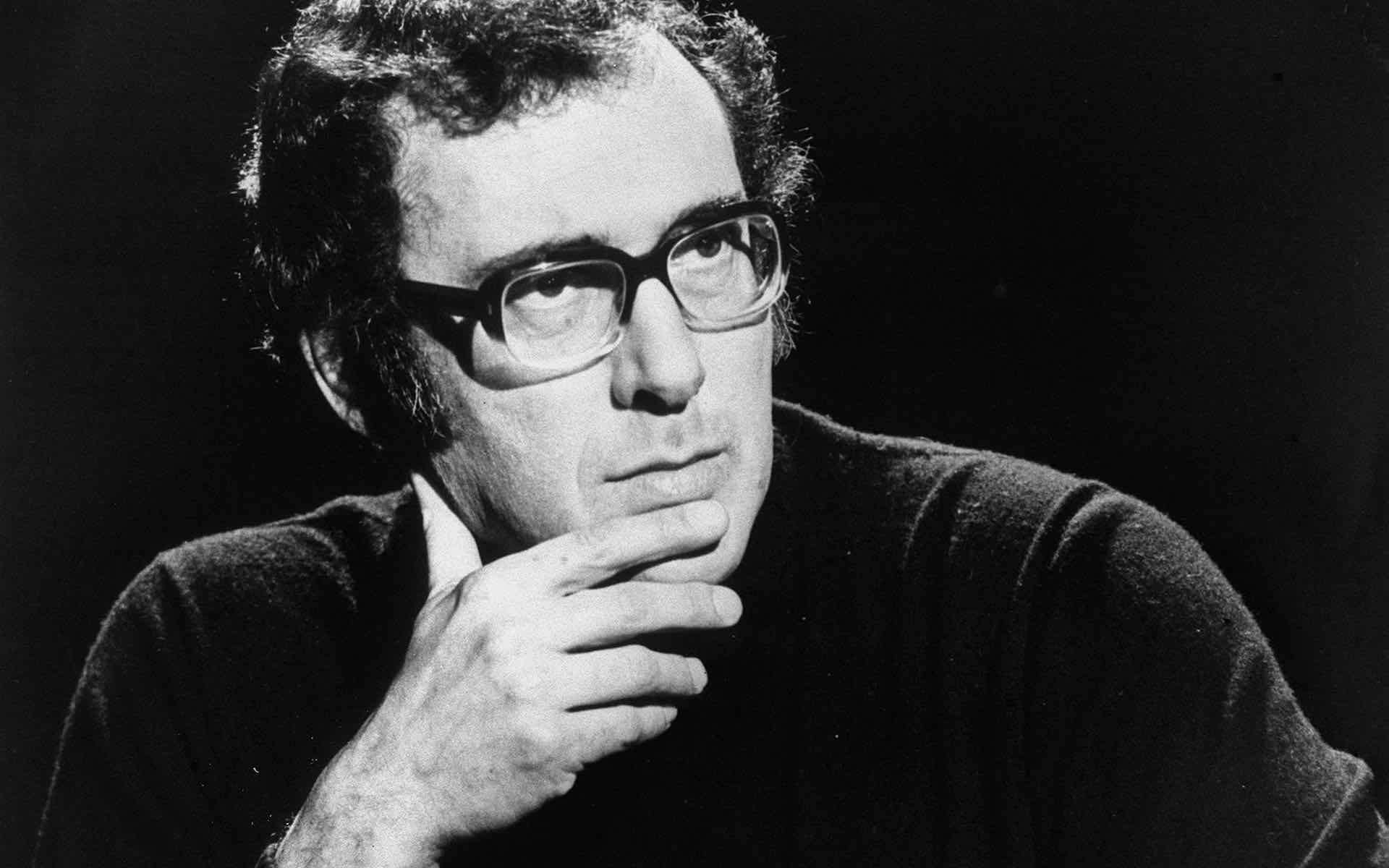
When it comes to television, my wife and I occasionally like to give series second chances. Just because we felt a show stank on its original airing doesn’t mean that we simply caught it at the wrong time for us with where we were in our lives.

When it comes to television, my wife and I occasionally like to give series second chances. Just because we felt a show stank on its original airing doesn’t mean that we simply caught it at the wrong time for us with where we were in our lives.

17th November 2020 marked the fortieth anniversary of the death of 20-year-old University of Leeds student Jacqueline Hill. She was the thirteenth and final woman to be killed in the notorious so-called ‘Yorkshire Ripper’ murders that took place in the north of England over five and a half years from 1975 to 1980. It is a series of events which has cast a murderously misogynist shadow over the cultural history of 1970s Britain.

Our digital TV has just updated its interface, without asking us. This confirms my long-held suspicion that TV tech has just become too complicated for TV users. This is alienating viewers. Many users now concentrate on a narrow band of potential choices, or to abandon TV for other pursuits. A huge number of users, particularly in older age groups, tend to blame themselves for their ‘technological naivete’ or clumsiness.

Let me greet you in the good old Scouse fashion. Alright? Because, you know, things have been tough, haven’t they? Recent events have again highlighted that racism runs rife in our societies; that some women and men remain – shockingly remain – at risk of being murdered or mistreated in other ways.

‘Of course we don’t pay a licence fee’ says Barbara vehemently as we sit round the table for Jennifer’s graduation celebration dinner. My friend Barbara is doctor and her eldest daughter has just graduated in creative art. Everyone is there – aunts, uncles, cousins, Jenny’s brother and sister. Her Nana is especially proud as Jenny is the first grandchild to graduate.

How to write about a television programme that you love and that has even moved you to tears? Many years of teaching Film and TV have not really prepared me for this. In the eighties, when I first started teaching, we were largely in the grip of the Screen journal pleasure is suspicious era. (Indeed at PCL it was pretty much required as a critical approach on the MA Film &

Earlier this year I blogged about a research project I collaborate on that documents and studies all of Harold Pinter’s drama. Pinter died ten years ago, and as is often the case, the anniversary has prompted a surge of media interest in him and a series of retrospectives of his work. In London’s West End, for example, the Pinter at the Pinter season has featured a host of star actors in new productions of his theatre plays.

In the second part of this interview with television producer Tom Edwards, the focus shifts from earlier production experiences to Tom’s role as a Commissioning Executive Producer for BBC1&2 Factual Features and Formats.

Harold Pinter died ten years ago, and the anniversary is being recognised this summer by a season of screenings of his TV and film work at the British Film Institute’s BFI South Bank cinemas in London. As most people know, Pinter’s output spanned theatre, film, television and radio drama, poetry, prose and political essays.

Last year I had the opportunity to spend time researching the women involved in the development of early BBC television, from the experimental years of 1936-1939 and from the relaunch of the service following the end of the war, to the professionalization of the service by the 1950s.